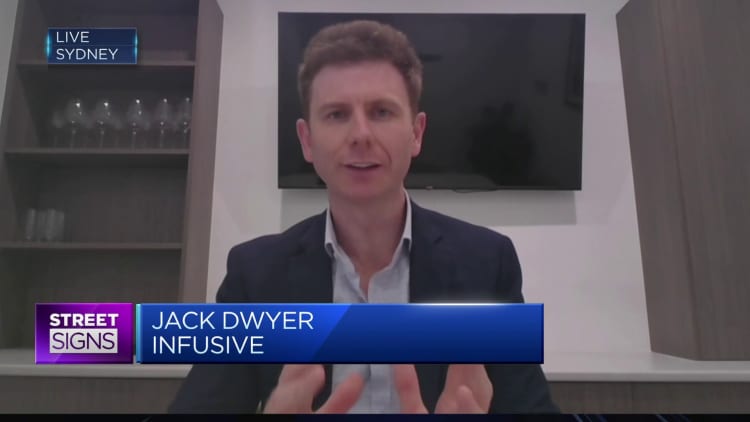
Global online shopping platform Temu.
Bloomberg | Bloomberg | Getty Images
Two U.S. Consumer Product Safety Commission members are urging the agency to probe safety practices of “foreign-owned” e-commerce platforms such as Shein and Temu, specifically the alleged sale of “deadly baby and toddler products.”
In a letter late Tuesday, CPSC Commissioners Peter Feldman and Douglas Dziak said the agency should examine Temu and Shein’s safety and compliance controls, relationships with third-party sellers and consumers and “any representations they make when products are imported.”
“We seek to better understand these firms, particularly their focus on low-value direct-to-consumer — sometimes called de minimis — shipments and the enforcement challenges when firms with little or no U.S. presence distribute consumer products through these platforms,” the commissioners wrote.
Last month, The Information reported Temu was offering padded crib bumpers, which are outlawed in the U.S. due to suffocation hazards, while Shein sells children’s hoodies with drawstrings that regulators have said are a safety hazard.
A Shein spokesperson said in a statement that customer safety is a top priority and the company is investing millions of dollars to strengthen its compliance programs, including partnering with testing agencies to enhance its product safety practices.
A representative from Temu said in a statement that it requires all sellers on its site to comply with laws and regulations, including those related to product safety.
“Our interests are aligned with the U.S. Consumer Product Safety Commission (CPSC) in ensuring consumer protection and product safety, and we will cooperate fully with any investigation,” the Temu spokesperson said.
Discount retailers Temu and Shein have exploded in popularity in the U.S. by going on an online marketing blitz and offering consumers inexpensive goods from China, whether it is a $3 pair of shoes or a $15 smartwatch.
Shein launched in the U.S. in 2017 and has recently flooded Google and Facebook with ads to fuel expansion. It is reportedly valued at $66 billion. Temu, owned by PDD Holdings, debuted in the U.S. in 2022, and quickly plowed billions of dollars into marketing, most noticeably through its “Shop Like a Billionaire” TV spot that ran during this year’s Super Bowl. Its rise has caught the attention of major e-commerce players including Amazon, which has sought to launch a competing discount storefront, CNBC previously reported.
Shein and Temu leverage their relationships with small manufacturers and suppliers in China to ship goods directly from China to the U.S. Much of their growth, according to some industry experts, is the result of a trade loophole, known as the de minimis exemption, which allows for packages shipped from China valued at under $800 to enter the U.S. duty-free.
CPSC officials have asked for more funding to hire staffers to monitor emerging e-commerce platforms such as Temu and Shein over safety practices, according to The Information.
Lawmakers are also scrutinizing the platforms. Last April, a congressional commission released a report detailing issues with Shein, Temu and other “Chinese ‘fast fashion’ platforms.'” They alleged the sites have numerous product safety hazards, are connected to the use of forced labor and are exploiting trade loopholes, among other concerns.